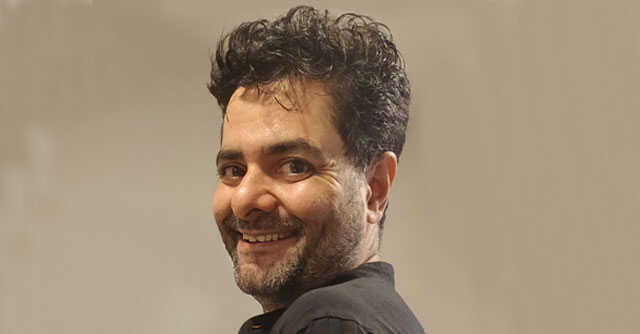
Decoding the mysteries of ‘Gen Z’


Weird. Delusional. Lazy. Entitled. Maddening.
Startup leaders use colorful adjectives in private for young people called ‘Gen Z’. Yes, those young employees who apparently never stop whining because they’re either underpaid or overworked, either not inspired enough or burdened by expectations of missionary zeal.
The term ‘Gen Z’—referring to those born in the fifteen years after 1997—is an intellectually-lazy appropriation from America. In India, ‘Gen Z’ traits rarely apply to our scrappy strivers who’re the majority in that demographic age-band. Only to a very specific, united-by-psychographics subset.

It’s that subset which confounded startups gearing-up for a post-pandemic rebound in 2022, by judo-flipping John F Kennedy’s exhortation to say: ‘Ask not what you can do for your company, ask what (more) your company can do for you’.
Aggravating as they understandably may be, such young employees are not behaving in any mysterious or unpredictable way. Their ostensibly alien life-outlook would predictably be yours too, if you had similar formative experiences.
Consider growing-up with these conditions. Born into a nuclear family with no competing siblings or at best, one. Where every authority-figure (parents, teachers) bends to your capricious demands and not—as the norm for centuries—the reverse. Where rupee-earning parents spring to incur back-breaking costs and protect you from the ‘stress’ of competitive exams by teleporting you to dollar-charging colleges in Australia, Canada, USA or the UK. Then tirelessly work their relationships to land you coveted internships.

Your graduation coincides with the knowledge-economy’s boom, driving demand for your half-baked ‘skills’ far beyond supply. Even when you temporarily lose a job due to a pandemic, recession or your own insouciance, you petulantly cocoon yourself, hosted or subsidized by family. Then imperiously announce an open-ended sabbatical to ‘Figure out what I really want to do’.
Of course, you’re assiduously protected from any (heavens forbid) ‘Responsibility’. As a teenager, you rarely took-on the burden of even household errands, so who can hope that a twenty-something intermittent-earner will contribute towards family obligations?
Inside you floats the cloud of latent consciousness that eventually (in a decade or three) you’ll be among the fifty-million-odd beneficiaries of the greatest inter-generational wealth transfer in Indian history. Where Little Lord You inherits assets built by the blood of two generations, without any investment of sweat or tears.

If most of the preceding factors held true, would you buck hard-wired evolutionary heuristics and still choose the discomfort of discipline over the comfort of self-indulgence? If criticized, would you respond with humble self-reflection instead of churlish defensiveness? Would you opt for delayed gratification over immediate?
Few of the virtues which ensure human progress are seeded by nature. They’re cultivated using steel-cored tools of civilized society: Familial duties, institutional injunctions, social norms, cultural values like ‘Pride’ and ‘Honour’…But as our societal vanguards one-by-one cravenly recuse themselves from applying their hard edges, it’s inevitable that our bone-and-muscle species now breeds jellyfish as progeny.
Does this augur well for young people themselves? Who knows. As individuals unhitch allegiances—whether to entities like a ‘Company’ or to concepts like ‘Duty’—each person secedes into a Supreme Court of their own destiny. If a skittish insistence on avoiding steadfastness towards absolutely anything is the judgement that will make young people happier, that’s wonderful.

But the prognosis is poor. This generation has more anxiety and depression, more unhappiness and insecurity, is less romantic and has fewer long-lasting relationships. Continuing a declining trend, they’re dancing less, reading less even having less sex.
Their only surplus is fragile anxiety masked by supercilious certainty. Expressed in their chosen currency: The sweet fiction of unilateral ‘stories’ broadcast online. Not the salty truth of bilateral dialogue grappled with in-person.
Can Startups herd these cats and productively organize them as employees? Ironically, founders seem oblivious that their moaning about lack of employee-commitment occurs even as their companies perform binge-and-purge cycles redolent of Caligula’s Rome, by gorging-on and regurgitating people.

A Keynesian dictum was to never bet on market ‘irrationality’ ending, because markets remain ‘irrational’ long after you’ve become insolvent. Ergo, these young people will continue confounding everyone in 2023 and beyond, long after the current cohort of startups have become history.
On that note, Happy New Year.

Gourav Jaswal
Gourav Jaswal is the Founder of venture studio Prototyze, based in Goa. Email him at GJ@Prototyze.com.
